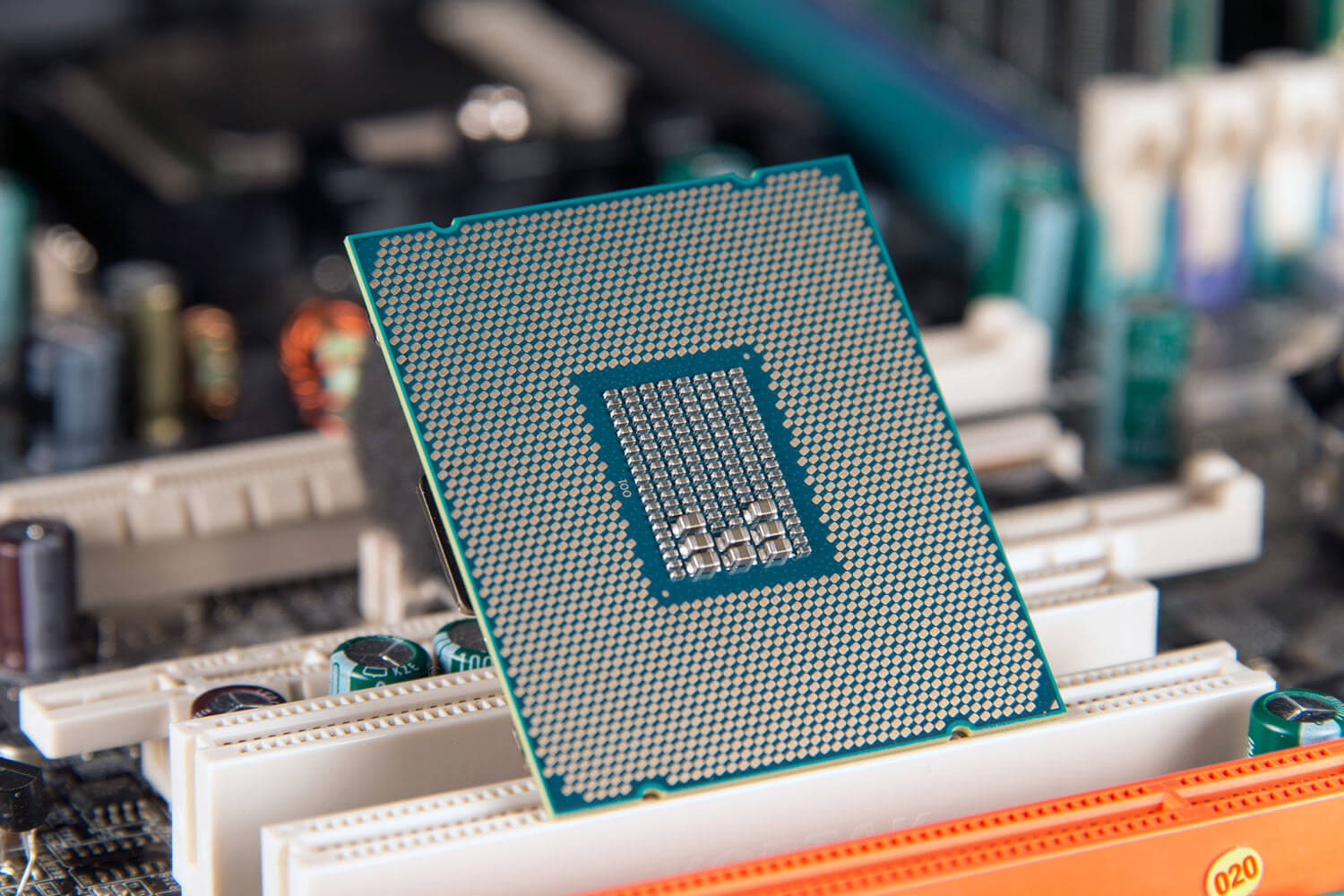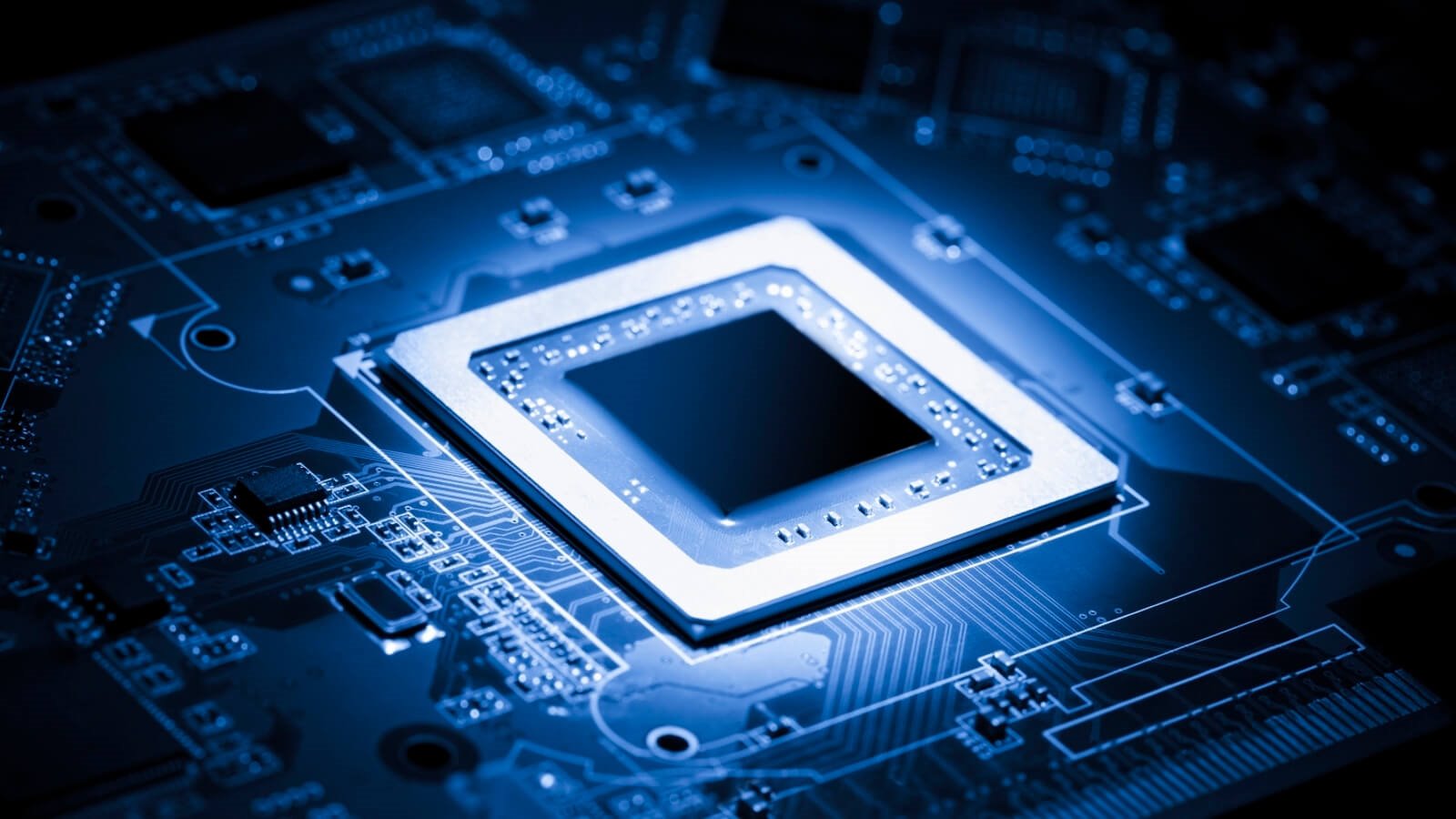Why it matters: Floating point operations are used in encryption algorithms and in many applications that require user privacy. Unwanted access to a system's CPU leaves a significant amount of sensitive information available to be stolen. Although not as large of a flaw as Spectre or Meltdown, Intel is going to have to answer to enterprise customers over the stream of security patches required.

After shaking up the community earlier this year, Spectre and Meltdown flaws found in the vast majority of modern processors have changed the normal state of security patches. Now, Intel has disclosed that it is affected by another bug that can leak information between running processes.
Lazy FP State Restore deals with how floating point numbers are calculated. All Intel Core processors are considered to be affected by this vulnerability. In order to improve performance, a dedicated hardware portion of the CPU handles all floating point calculations and maintains its own set of registers. When switching between tasks, Intel's CPUs save their current execution states and load in a new set of information.
During this process, the floating point unit state can be ignored since many applications do not need to pause and resume computation of floating point numbers. In what is known as the lazy restore scheme, the FPU issues a Device not Available exception during a task switch. However, the data stored in the FPU registers is able to be determined by other processes when the lazy restore scheme is used.

In this case, the fix is already possible via regular software updates and thankfully not another problem that requires microcode updates. Simply avoiding the use of lazy FP state restore mitigates the problem. Eager save and restore is a secondary method of accomplishing the same goal but with slightly lower performance.
For general consumers this vulnerability is unlikely to have any severe impacts, but for enterprise and data centers, this is going to be another painful round of applying patches. Vendors such as RedHat have already begun issues updates to their software to implement eager save and restore operations.
https://www.techspot.com/news/75090-intel-cpus-have-another-bug-can-leak-sensitive.html